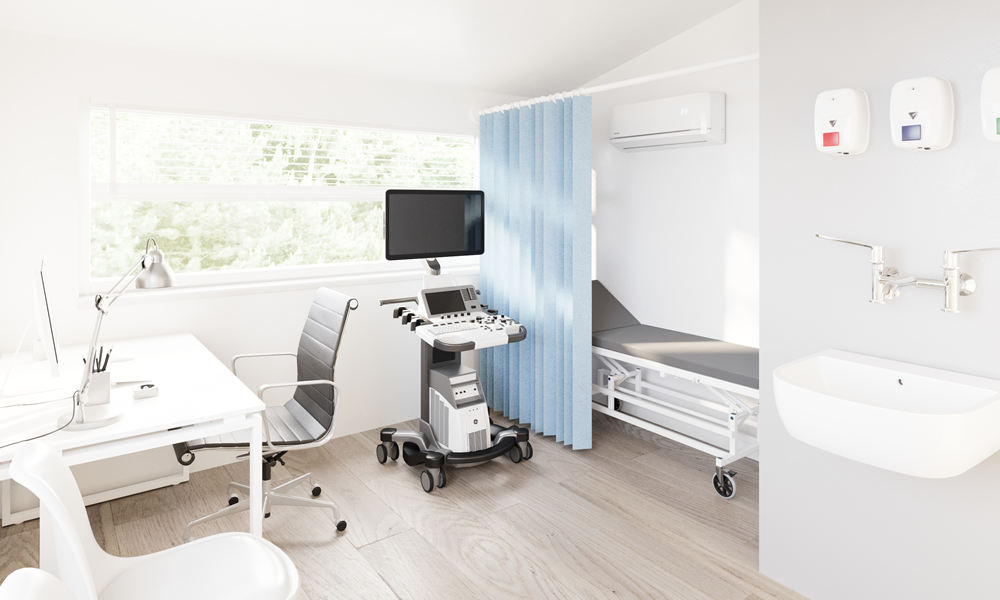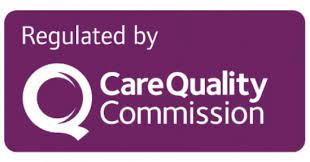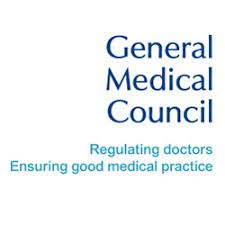Ultrasound imaging, commonly known as sonography, is a crucial diagnostic tool in pediatric medicine. It uses high-frequency sound waves to create images of the inside of the body, helping doctors diagnose and monitor various conditions in children without the need for invasive procedures or exposure to ionizing radiation.

In this article, we look into how ultrasound benefits paediatric care.
One of the biggest advantages of ultrasound in pediatric care is its safety. Unlike X-rays or CT scans, ultrasound does not use radiation, making it safer for children whose tissues and organs are more sensitive to radiation exposure. The non-invasive nature of ultrasound also means that it does not require any incisions or injections, which can be particularly advantageous for children who may be anxious or afraid of medical procedures.
Ultrasound provides real-time imaging, which is invaluable in paediatrics. This allows physicians to see the structure and movement of a child's internal organs and blood flowing through blood vessels in real-time. For infants and young children who cannot always communicate their symptoms or cooperate during an exam, ultrasound becomes an essential tool for quick and effective diagnosis.
Ultrasound is incredibly versatile and can be used to diagnose a wide range of conditions in children, including but not limited to:
Ultrasound is also used to guide medical procedures in children, such as the placement of needles for biopsies or when draining fluids. This is important because it increases the accuracy and safety of these procedures, minimising the risk associated with more invasive techniques.
When compared to MRI and CT scans, ultrasound is often less costly and more accessible. This makes it an invaluable resource, particularly in urgent care settings or communities with minimal medical infrastructure.
Children, especially young ones, can find it difficult to stay still for long periods, which is necessary for many diagnostic tests. Ultrasound examinations are usually quicker and can be performed while the child is sitting or even lying in a parent's lap. This flexibility can help to reduce stress for both the child and the parents, leading to more accurate results and a more pleasant experience overall.
Ultrasound is indispensable in paediatric care due to its safety, versatility, and the detailed, real-time information it provides. It helps in the early diagnosis and treatment of various conditions, guiding procedures with greater accuracy and offering a more child-friendly approach to medical imaging. As technology advances, the role of ultrasound in paediatrics is likely to grow even more, helping to ensure better health outcomes for children around the world.
At Paediatric Diagnostics, we provide top-quality private paediatric ultrasound services for your child's medical needs. Our experienced team of specialists is committed to delivering exceptional care, using advanced imaging technology to accurately diagnose and monitor various conditions in children.



